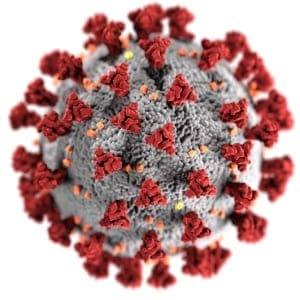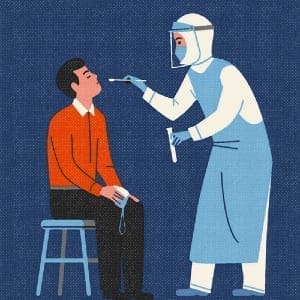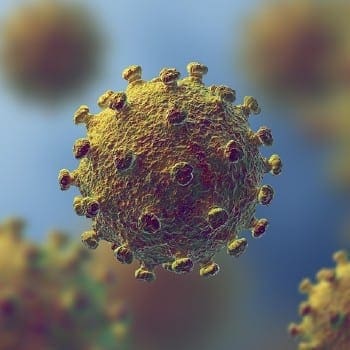
As at Friday the 24th of January, a total of 1,320 confirmed cases had been reported for novel coronavirus (COVID-19) globally. That day Chinese health authorities also confirmed at least 15 new deaths in one day, raising the death toll to 41 in Wuhan, China.
Furthermore, a total of 1,965 suspected cases have been reported from 20 Chinese provinces, regions and cities, with another 23 confirmed cases reported outside of China (9 countries in total).
(Download the ehotelier Coronavirus staff briefing paper to distribute to your team, or to assist you to brief your staff. Or enrol in eHotelier Academy free course Coronavirus Awareness)
How easily can this virus spread?
Experts don’t know exactly how it is passed on, or how easily transmission can happen. Many of the cases detected initially were tied directly to a market in Wuhan. But some of the subsequent infections were clearly examples of person-to-person spread.
During previous outbreaks due to other coronavirus (Middle-East Respiratory Syndrome (MERS) and the Severe Acute Respiratory Syndrome (SARS)), human-to-human transmission occurred through droplets, contact and fomites, suggesting that the transmission mode of the COVID-19 can be similar.
The World Health Organisation’s (WHO) goal is to interrupt the transmission of the virus from one person to another in China and to prevent exportation of cases from China to other countries and territories.
What are the symptoms of this viral infection?
As health officials have learned more, they’ve seen a broader array of symptoms, according to the WHO. Overall, health authorities say symptoms include cough, high temperature, runny nose and shortness of breath. A number of patients have been treated at hospitals and released within a few days.
What should hotel operators do?
Hotel operators should respond quickly and start introducing preventive measures. This can be achieved through a combination of health measures, such as infection prevention for travellers, awareness-raising and risk communication. It is very similar to the SARS outbreak, which started 17 years ago.
In practice, this can look like this:
• Communicate with your staff and remind them of the importance of washing hands frequently;
• Provide sanitiser to your hotel guests and staff;
• Inform your hotel guests that sanitisers are available and the hotel management has introduced risk mitigation measures;
• Review your business continuity plans and carry out a table-top exercise to find out if your hotel operations are prepared for a worst-case scenario;
• For at least until the situation is contained, please try to avoid handshakes;
• Disinfect anything a traveller would touch frequently, this can include but is not limited to, the call buttons in lifts, light switches, door handles, toilets, telephones and the reception counter. Be mindful, there is a risk of running out of hand sanitizer soon.
Considerations
There are currently no vaccines available to protect anyone against human coronavirus infection. You may be able to reduce your risk of infection by doing the following:
• Wash your hands often with soap and water for at least 20 seconds;
• Avoid touching your eyes, nose, or mouth with unwashed hands;
• Avoid close contact with people who are sick.
Download our briefing paper to distribute to your team, or to assist you to brief your staff.
 Course: HOTEL SECURITY AWARENESS
Course: HOTEL SECURITY AWARENESS
The Hotel Security Awareness course provides all hotel team members withe the fundamental skills to ensure a secure environment for guests and employees. The course covers threats from physical as well as cyber threats in an online format, rich with images, multimedia, case studies and simulations. Available at eHotelier Academy.
Event: HOTEL SECURITY DESIGN & MANAGEMENT WORKSHOP – BALI
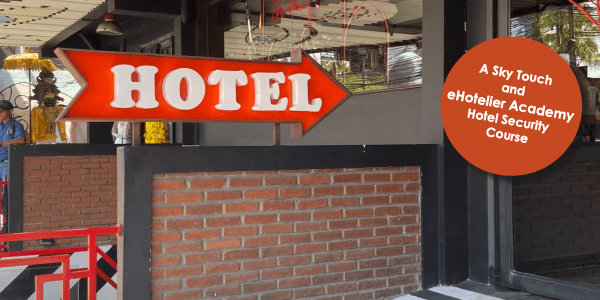
When: 28/4/2020 – 29/4/2020, Bali
This new Workshop is the first of its kind that deals with the issue of Crime Prevention Through Environmental Design (C.P.T.E.D.) in the specific context of the hotel industry. C.P.T.E.D. is an effective, results-driven approach to crime prevention which is becoming an increasingly prevalent issue throughout the hospitality business globally. Click for the event listing.







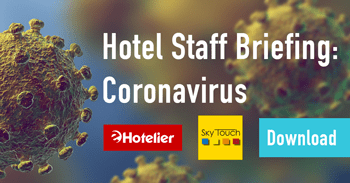
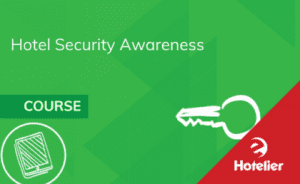 Course: HOTEL SECURITY AWARENESS
Course: HOTEL SECURITY AWARENESS

